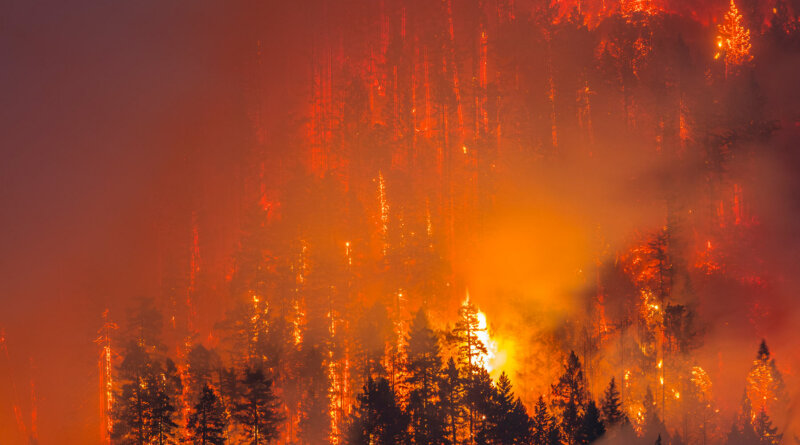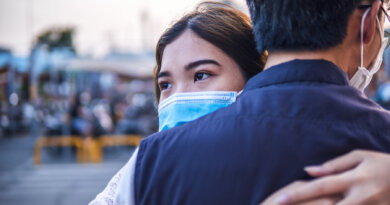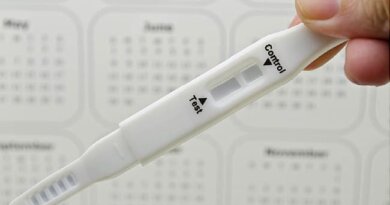Wildfires, COVID a Double Whammy to Lung Health
By Robert Preidt
HealthDay Reporter
THURSDAY, Sept. 10, 2020 (HealthDay News) — Even as wildfires rage across California, Oregon and Washington, another danger lurks in the eerie orange haze that has enveloped U.S. cities, towns and neighborhoods this week: an increased risk of catching COVID-19.
Wildfire smoke can irritate the lungs and harm the immune system, explained Dr. Cheryl Pirozzi, a pulmonologist at University of Utah Health. The particulate pollution created by the wildfires can also cause inflammation in the body.
“What we know about wildfire smoke and particulate pollution is that exposure increases the risk for respiratory viral infections,” Pirozzi said in a university news release.
She noted that wildfires are becoming more common and severe due to warmer and drier conditions caused by climate change.
Pneumonia and bronchiolitis are among the common respiratory infections triggered by particulate pollution.
People with asthma and other lung diseases are more vulnerable to health problems from particulate pollution. And research has shown that air pollution can increase risk of infection with the new coronavirus, Pirozzi said.
Not only that, COVID-19 symptoms may overlap with respiratory symptoms caused by wildfire smoke exposure, Pirozzi added.
People who are susceptible to or affected by COVID-19 may have health conditions that make them vulnerable to wildfire smoke exposure and potentially lead to more serious illness.
“People who’ve had more severe COVID-19 infection could have significant impairment in lung function and persistent lung abnormalities,” Pirozzi said.
The long-term impacts of COVID-19 aren’t fully understood, but prolonged respiratory symptoms have been seen in patients.
“There’s a large range of severity of infection due to COVID-19,” Pirozzi said. “Many people are debilitated from critical illness and still need supplemental oxygen or rehabilitation after their hospitalization.”




